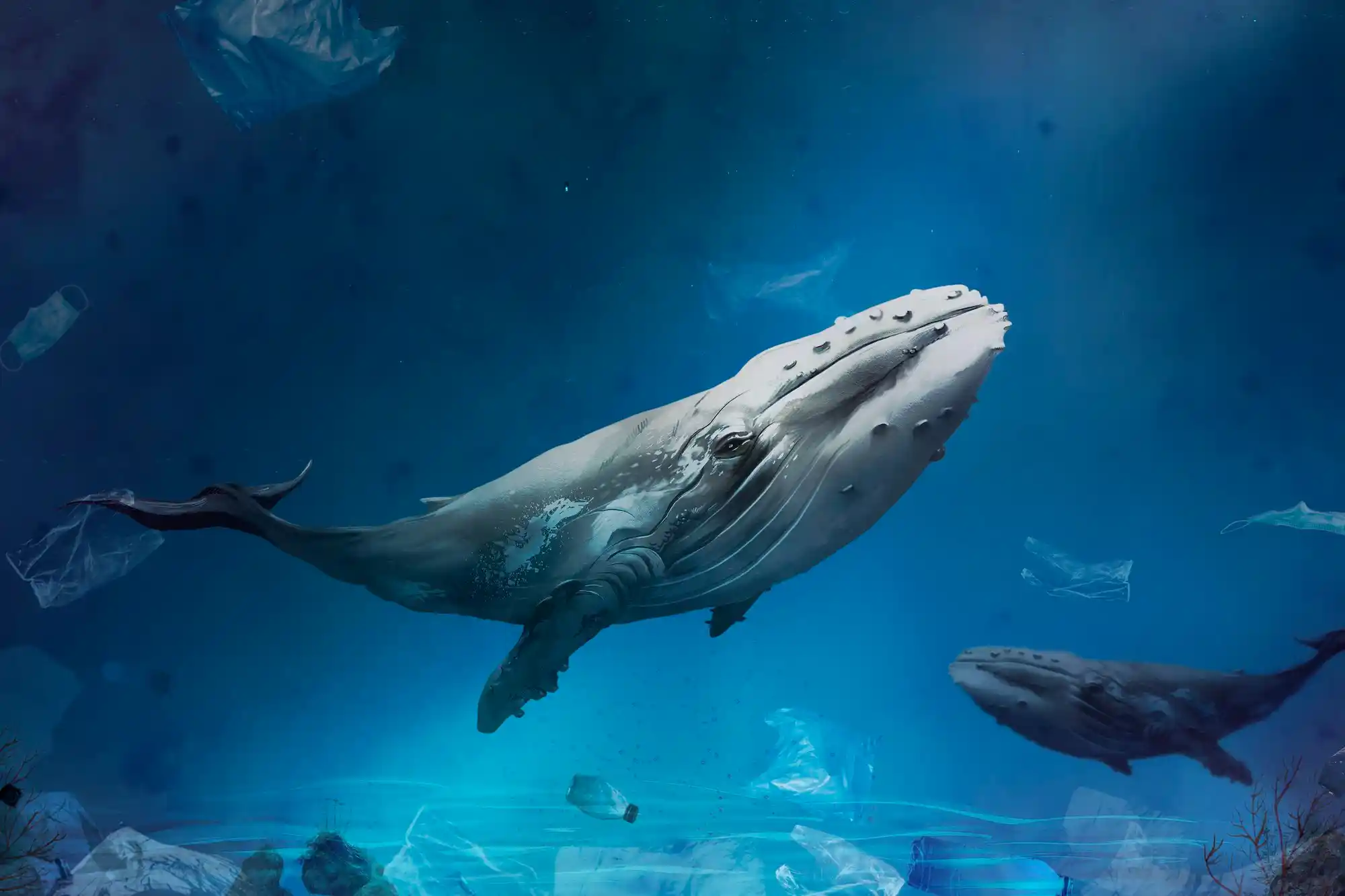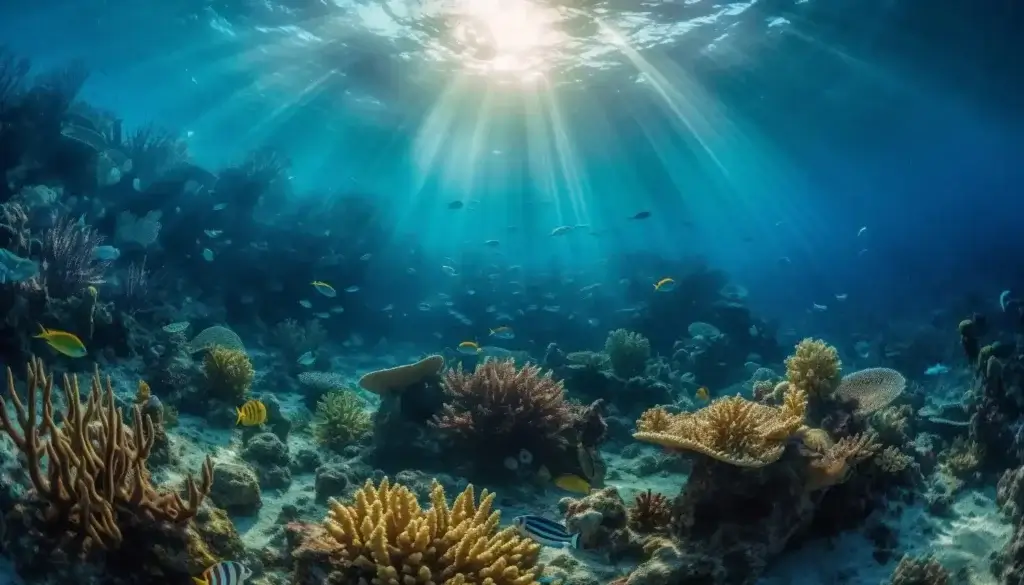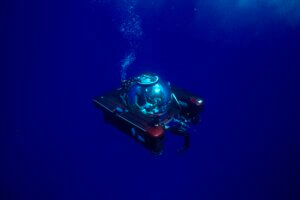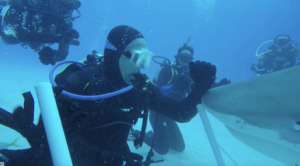Understanding the Blue Economy: Jobs, Sustainability, and the Sea
In today’s evolving economic landscape, one of the most promising and essential frontiers is the Blue Economy. This ocean-based economic model encompasses all industries and sectors that operate in and around our seas while emphasizing the importance of environmental sustainability. From fisheries and marine tourism to renewable ocean energy and maritime transport, represents an opportunity to balance economic growth with ocean health.
As nations worldwide grapple with climate change, food insecurity, and employment generation, offers a sustainable and inclusive solution. It not only supports biodiversity conservation but also promotes the creation of sustainable ocean jobs that protect the marine ecosystem for future generations.
What is the Blue Economy?
The economic concept that recognizes the ocean as a development space that must be harvested responsibly. It covers all ocean-related industries, including fishing, marine energy, biotechnology, shipping, and tourism, with a special focus on sustainability.
Unlike traditional ocean economies, which often led to the degradation of marine environments, the Blue Economy promotes practices that ensure the long-term health of the sea while boosting livelihoods and economic productivity. This model is aligned with the United Nations Sustainable Development Goals (SDGs), particularly SDG 14: Life Below Water.
Sectors within the Blue Economy
The Economy includes a wide range of sectors, some of which are longstanding, while others are emerging due to technological advances and environmental demands.
1. Fisheries and Aquaculture
These industries are vital sources of protein and employment globally. Sustainable fishing practices are crucial in maintaining fish stocks and ensuring the health of marine ecosystems. The rise of aquaculture, or fish farming, offers an alternative to overfishing and can generate numerous sustainable ocean jobs.
2. Marine Renewable Energy
Ocean-based renewable energy like offshore wind farms, wave, and tidal energy, is an increasingly vital component of the global energy transition. These sectors not only help reduce carbon emissions but also create high-skilled sustainable ocean jobs in engineering, installation, and maintenance.
3. Maritime Transport
As over 80% of global trade is carried by sea, maritime transport is a cornerstone of the global economy. A transition to cleaner fuels and efficient shipping practices is essential for making this sector a part.
4. Marine Biotechnology
This cutting-edge field uses marine resources to develop new pharmaceuticals, enzymes, and cosmetics. Marine biotech holds potential for innovation while supporting biodiversity research and marine conservation.
5. Coastal and Marine Tourism
Tourism is one of the most significant contributors to the Blue Economy. Sustainable tourism practices, such as eco-tourism and marine protected areas, attract travelers while preserving marine habitats and offering local communities new sustainable ocean jobs.
The Importance of Sustainability in the Blue Economy
The health of the oceans is crucial to life on Earth. Oceans regulate the climate, produce oxygen, and absorb carbon dioxide. However, overfishing, pollution, habitat destruction, and climate change have placed significant stress on marine ecosystems.
The emphasizes that economic growth must not come at the cost of environmental degradation. Policies and practices must prioritize:
- Conservation of marine biodiversity
- Sustainable resource extraction
- Reduction of ocean pollution
- Resilience against climate change
By integrating sustainability into ocean-based industries, supports long-term prosperity and environmental balance.
Creating Sustainable Ocean Jobs
One of the major benefits of the sea is its potential to generate millions of sustainable ocean jobs globally. From coastal communities to large urban centers, jobs in sectors like fishing, ocean energy, and marine tourism can transform local economies.
Key Features of Sustainable Ocean Jobs:
- Environmentally responsible: They do not harm the marine environment.
- Socially inclusive: They support equitable income and gender equality.
- Economically viable: They ensure long-term business stability.
Some promising roles include:
- Marine conservation scientists
- Offshore wind farm technicians
- Eco-tour guides and scuba instructors
- Sustainable aquaculture operators
- Coastal engineers and marine planners
Investing in education, training, and infrastructure is vital for equipping the next generation with the skills needed for these sustainable ocean jobs.
Challenges to the Blue Economy
Despite its promise, the Blue Economy faces several challenges:
- Overexploitation of resources: Unregulated fishing and extraction can deplete ocean biodiversity.
- Marine pollution: Plastic waste, oil spills, and industrial runoff threaten marine ecosystems.
- Lack of data and technology: Many developing countries lack the resources to implement effective marine management strategies.
- Policy fragmentation: International waters often suffer from a lack of coordinated governance.
To overcome these hurdles, nations must collaborate to develop legal frameworks, share technologies, and fund sustainable initiatives.
Global Initiatives Supporting the Blue Economy
Governments, international bodies, and NGOs have launched multiple initiatives to support the Blue Economy:
- UN’s Decade of Ocean Science (2021-2030): Aims to advance marine research and sustainable practices.
- The World Bank’s PROBLUE Initiative: Supports investments in fisheries, marine pollution, and climate-resilient coastal development.
- Ocean Panel (High-Level Panel for a Sustainable Ocean Economy): Brings together world leaders to commit to 100% sustainable management of their national waters.
These initiatives not only fund innovation but also guide policies toward inclusive, sustainable ocean growth.
The Role of Coastal Communities
Coastal and island communities are on the frontlines of the Blue Economy. They depend on the sea for food, transportation, and culture. Empowering these communities through training, technology access, and decision-making authority is crucial.
Women in coastal areas, for instance, often play significant roles in fisheries and tourism. Encouraging their participation in sustainable ocean jobs can drive gender equity and economic upliftment.
Technology and Innovation Driving the Blue Economy
Modern technologies like artificial intelligence, drones, and satellite imaging are revolutionizing ocean monitoring. These tools help:
- Detect illegal fishing
- Map coral reef health
- Predict weather and ocean currents
- Track pollution sources
Innovations like biodegradable fishing gear, ocean-friendly packaging, and blockchain-based seafood traceability can further the goals.
Why the Blue Economy Matters for Our Future
The Blue Economy is not just about profits; it’s about preserving the planet. It offers a framework where businesses, governments, and individuals can collaborate to achieve economic prosperity without sacrificing the ocean’s health.
From mitigating climate change to ensuring food security, the Blue Economy provides answers to some of our biggest global challenges. Most importantly, it lays the groundwork for creating dignified, sustainable ocean jobs that benefit both people and the planet.
As we look toward the future, embracing this economic model isn’t just an option, it’s a necessity.
FAQs
What is the Blue Economy?
The Blue Economy refers to the sustainable use of ocean resources for economic growth, improved livelihoods, and ocean ecosystem health.
Which industries are part of the Blue Economy?
Industries include fisheries, aquaculture, maritime transport, marine tourism, marine biotechnology, and renewable ocean energy.
What are sustainable ocean jobs?
These are environmentally responsible roles that help preserve ocean ecosystems while providing stable and inclusive employment, such as offshore wind technicians or marine conservationists.
How does the Blue Economy support climate change mitigation?
It promotes ocean-based renewable energy and carbon sequestration through marine ecosystems like mangroves and seagrasses.
Can small coastal communities benefit from the Blue Economy?
Yes, through local initiatives, education, and infrastructure, coastal communities can generate income, protect their resources, and improve quality of life.
What are the main challenges in developing the Blue Economy?
Challenges include marine pollution, overfishing, lack of international regulation, and insufficient technological access in developing countries.
How can individuals contribute to the Blue Economy?
By supporting sustainable seafood, reducing plastic use, participating in eco-tourism, and advocating for marine conservation policies.





